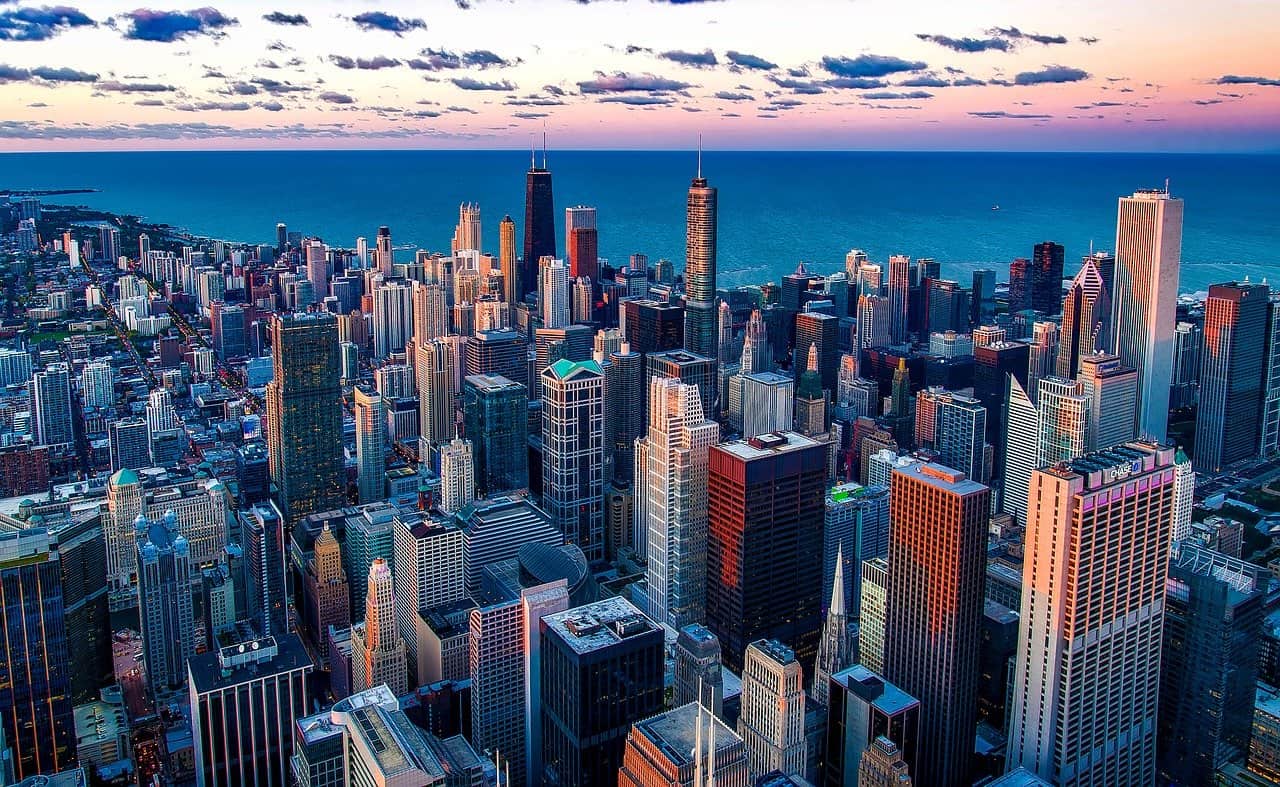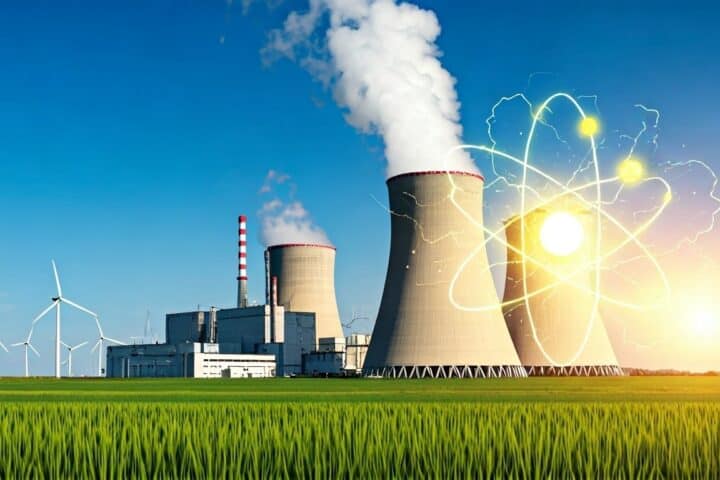- On January 24, Chicago Mayor Brandon Johnson introduced an ordinance that would introduce natural gas ban and new construction covering more than 10,000 flat feet. Johnson was joined in supporting the legislation by more than a dozen other co-sponsors.
- Leslie Perkins, the chief of staff and policy director for the city’s Committee on Environmental Protection and Energy, stated in an email that this is the first time the City of Chicago has introduced a decarbonization ordinance for our buildings, which account for 68% of the emissions in Chicago.
- The ordinance was sent to the Committee on Committees and Rules by the Chicago City Council, and it would go into effect 12 months after passing

Chicago’s Decarbonization Ordinance: A Bold Step Toward Fossil Fuel Restriction and Energy Emissions Limit
Chicago Mayor Brandon Johnson has introduced a groundbreaking ordinance to curb natural gas hookups in new construction, aiming to tackle the city’s significant emissions from buildings. With support from numerous co-sponsors, including Leslie Perkins, chief of staff for the Committee on Environmental Protection and Energy, the ordinance marks a pivotal step towards decarbonization. By restricting gas hookups and setting emissions limits, the ordinance aligns with similar measures adopted by cities like Seattle and New York City to combat climate change. However, challenges lie ahead, as previous bans in cities like Berkeley, California, faced legal opposition from gas and building companies. Despite concerns from the gas industry about cost and reliability, proponents argue that transitioning away from fossil fuels is essential, especially considering the financial strain on residents and the potential for renewable energy alternatives. Organizations like the Illinois Green Alliance provide reassurance, citing Chicago’s grid reliability and efforts by utilities like Commonwealth Edison to meet rising electricity demand sustainably. This ordinance signifies a crucial move towards a cleaner, greener future for Chicago, prioritizing environmental responsibility and long-term sustainability.
Chicago’s Move Towards Fossil Fuel Restriction: Navigating Challenges and Implementing Natural Gas Bans
Big American cities, including Seattle and New York City, have implemented “natural gas bans” that are comparable to the proposed ordinance in Chicago. By mandating that the majority of new buildings be entirely energy rather than burning fossil fuels on-site, these regulations aim to reduce greenhouse gas emissions.
Yet, some cities have found it challenging to see these ordinances through because gas and building companies have filed lawsuits to do so. Berkeley, California’s first-in-the-nation ban on gas hookups in new construction was overturned by a federal appeals court last year, upending the building electrification plans of some other cities in the Ninth Circuit, which includes many of the eastern U.S. That ruling, however, does not apply to Chicago.
In her email, Perkins stated that” This is a crucial first step for [ Chicago ] to take in order to move away from fossil fuels.” By establishing an indoor emissions limit and outlawing the combustion of fuels that emit 25 kilograms or more of carbon dioxide per million European thermal units of energy, the ordinance  restricts gas hookups. This complies with the criteria outlined in the 2021 law in New York City.
Perkins pointed out that some structures, such as crematoriums, commercial kitchens and hospitals, would be free from the regulations.
Navigating Opposition: Chicago’s Natural Gas Ban and Grid Capacity Concerns
The nearby gas industry immediately reacted negatively to the ordinance, mirroring similar conflicts and that were spreading across the country. This proposed ordinance, in our opinion, is a bad idea for Chicago. Peoples Gas, the natural gas utility that serves Chicago, said in a statement, as reported by the Chicago Tribune,” It would increase costs and risk reliability for everyone, especially during the coldest days of the year like we are seeing this week.
Perkins retracted his assertion. She stated that while Peoples Gas continues to make record profits year after year, the present system is still costly and only getting worse. At least 1 in 5 Chicago residents are now unable to pay their natural gas bills, but prices keep rising.
The Illinois Green Alliance attempted to allay concerns about increased energy use straining grid capacity in a news release regarding the proposed ordinance, citing research that shows Chicago to have some of the lowest long-term reliability risks in the country. The Alliance, a nonprofit organization dedicated to efficient building, also pointed out that Commonwealth Edison, the largest electric utility in Illinois, has been looking into ways to meet rising demand for electricity while achieving 100 % renewable energy by 2050.











